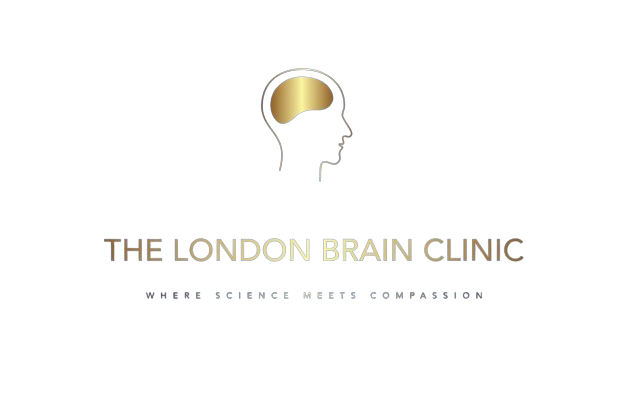Functional cognitive disorder (FCD) is a condition that often goes unnoticed but is distinct from dementia. FCD is characterised by cognitive challenges related to memory and thinking, and difficulties to sustain attention. These difficulties stem from issues with brain function rather than from the loss of brain cells. A timely diagnosis is vital for establishing the most suitable treatment plan, prioritizing both physical and mental well-being. The ultimate aim is to enhance brain functioning and cognitive abilities. [LINK TO BLOG ABOUT FCD]
What is Functional Cognitive Disorder?
Functional cognitive disorder, often referred to as functional memory and concentration symptoms, occurs when the brain experiences difficulty with memory or concentration without any underlying disease or damage. These symptoms are very real and can be distressing, affecting day-to-day activities like work and social interactions.
Identifying Functional Cognitive Symptoms
Diagnosing FCD requires careful assessment to distinguish it from brain diseases like Alzheimer’s or injury-related cognitive issues. It’s essential to pinpoint the root cause to develop effective management strategies.
The Commonality of Functional Cognitive Symptoms
FCD is more common than you might think. It’s often associated with other conditions like functional neurological disorder (FND), fibromyalgia, severe fatigue, and even anxiety and depression. These symptoms can occur independently or alongside other health challenges.
Understanding the Causes
Functional cognitive symptoms can arise from various factors, including traumatic events or injuries. They often stem from disruptions in attention processes, impacting the brain’s ability to focus and retain information. A detailed neuropsychological assessment [link to page about neuropsychological assessment] is essential in identifying cognitive difficulties which are due to a functional disorders. In some cases, patients would benefit from a combined neurological and neuropsychological assessment [link to Services Combined neurological and neuropsychological assessment] to rule out other organic causes and to check whether there are changes in your brain structure and function.
Distinguishing FCD from Dementia and Mild Cognitive Impairment (MCI)
While symptoms may resemble those of dementia or MCI, the causes differ. Dementia results from brain damage, whereas FCD arises from changes in brain processing. MCI, on the other hand, is a description of symptoms rather than a specific diagnosis.
Validating Your Experience
It’s crucial to recognize that functional cognitive symptoms are not imaginary. They are not merely “in your head.” While depression or anxiety can contribute to these symptoms, they are real and merit attention and support.
Confidence in Diagnosis
Feeling confident in your diagnosis is key to managing FCD effectively. If you have doubts, seek clarification from your healthcare provider to better understand the basis for your diagnosis.
Self-Help Strategies
Understanding your symptoms is the first step toward managing them. Identifying factors that worsen symptoms, such as medication side effects or sleep disturbances, can help. Additionally, addressing depression or anxiety, managing chronic pain, and adopting healthy activity patterns are essential steps in improving cognitive symptoms.
Embracing Memory Challenges
While memory lapses can be frustrating, it is essential to set realistic expectations. Using memory aids can be helpful, but avoiding tasks altogether may hinder progress. Challenge automatic negative thoughts about your memory to foster positive changes.
Exploring Further Treatments
Functional cognitive symptoms are complex but manageable with the right approach. Achieving an accurate diagnosis requires a multi-disciplinary approach, involving various healthcare professionals to assess and understand the root causes of your symptoms fully. Treatment for FCD is based on holistic care, addressing physical, psychological, and emotional aspects of well-being.
While self-help strategies are beneficial, seeking professional guidance is often necessary to navigate through FCD effectively. Cognitive Behavioural Therapy (CBT) has shown promise in treating persistent physical symptoms and may be particularly helpful for managing FCD. Additionally, don’t hesitate to discuss additional treatment options with your healthcare provider, as personalized approaches tailored to your needs can enhance your overall well-being and cognitive functioning. Remember, you’re not alone on this journey, and support is available to help you regain control and improve your cognitive health.
